Bestselling author of “Cutting for Stone,” Abraham Verghese wraps up the 2024 Winter Words season, presenting his latest work, “The Covenant of Water,” also a New York Times bestseller, as well as an Oprah’s Book Club selection and the subject of a six-part podcast series hosted by Oprah Winfrey. This mystical work of fiction follows three generations of a family which experiences mysterious tragedy on the South Indian coast. Verghese will talk about his inspiration for the novel and how his deep and knowledgeable background in the medical field influences his work.
Moderator: Elisabeth Egan, author and a New York Times books editor
Event location: Paepcke Auditorium in Aspen (1000 N 3rd St). Parking is limited.
Doors: 5:30 p.m. | Talk: 6:00-7:00 p.m. | Book-signing to follow. Explore Booksellers will be selling books.
ABOUT THE AUTHOR
Abraham Verghese, MD, MACP, is Professor and Linda R. Meier and Joan F. Lane Provostial Professor and Vice Chair for the Theory and Practice of Medicine at the School of Medicine at Stanford University. He is also a bestselling author of “Cutting for Stone,” and the recently released “The Covenant of Water” as well as a physician with a reputation for his focus on healing in an era where technology often overwhelms the human side of medicine. He received the Heinz Award in 2014 and was awarded the National Humanities Medal, presented by President Barack Obama, in 2015.
Born in Addis Ababa in 1955, the second of three sons of Indian parents recruited by Emperor Haile Selassie to teach in Ethiopia, he grew up near the capital and began his medical training there. When the emperor was deposed, Verghese briefly joined his parents in the United States, working as an orderly, or nursing assistant, in a series of hospitals and nursing homes before completing his medical education in India at Madras Medical College. His experiences of civil unrest and his time as a hospital orderly were to leave a significant mark on his life and work.
After graduation, he left India for a medical residency in the United States and, like many other foreign medical graduates, he found only the less popular hospitals and communities open to him, an experience he described in a 1997 New Yorker article, “The Cowpath to America.”
Abraham Verghese’s early years as an orderly, his care of terminal AIDS patients and the insights he gained from the deep relationships he formed and the suffering he witnessed were transformative. Though he wrote a seminal scientific paper, he felt the sometimes cold and unimaginative language of science could not begin to capture the nature of the experience for patients and families, nor did it convey his own feelings as he witnessed their journeys. These were the cumulative experiences around which his first book, “My Own Country: A Doctor’s Story,” is centered.
As his interest in writing grew, he took time off from medicine to study at the Iowa Writers Workshop, where he earned an MFA in 1991. Since then, his work has appeared in the New Yorker, Texas Monthly, Atlantic, The New York Times, The New York Times magazine, Granta, Forbes and The Wall Street Journal, among others.
After leaving Iowa, Verghese became professor of medicine and chief of the Division of Infectious Diseases at Texas Tech Health Sciences Center in El Paso, Texas, where he lived for the next 11 years. In El Paso, he finished his first book, chosen as one of the Best Books of the Year by TIME and later filmed for Showtime as “My Own Country,” directed by Mira Nair and starring Naveen Andrews. His second bestselling book, “The Tennis Partner: A Story of Friendship and Loss,” explored his friend and frequent tennis partner’s losing struggle with addiction. “The Tennis Partner” was a New York Times Notable Book of the Year.
In his writing and work, Abraham Verghese continues to emphasize the importance of bedside medicine and physical examination in an era of advanced medical technology. He contends that the patient in the bed often gets less attention than the patient data in the computer. His December 2008 article in the New England Journal of Medicine, “Culture Shock: Patient as Icon, Icon as Patient,” clearly lays out his viewpoint.
In speaking about his novel, “Cutting for Stone,” he also addressed the issue: “I wanted the reader to see how entering medicine was a passionate quest, a romantic pursuit, a spiritual calling, a privileged yet hazardous undertaking. It’s a view of medicine I don’t think too many young people see in the West because, frankly, in the sterile hallways of modern medical-industrial complexes, where physicians and nurses are hunkered down behind computer monitors and patients are whisked off here and there for all manner of tests, that side of medicine gets lost.”
Today, as a popular invited speaker, Verghese has more forums beyond his writing in which to share his views on patient care. He speaks widely on the subject, as well as giving talks and readings from his books. At the Stanford School of Medicine, he has led the effort to establish the Stanford 25, where residents and students are taught techniques and skills to recognize the basic phenotypic expressions of disease that manifest as abnormal physical signs.
Winter Words Tickets + Passes
IN-PERSON SEASON PASS: $80
Attend three in-person events at Paepcke Auditorium in Aspen and one in-person event at TACAW in Basalt
VIRTUAL SEASON PASS: $40
Join all four Winter Words events via livestream
INDIVIDUAL EVENT TICKETS: $30
Join any of the four events in-person
MORE WAYS TO PURCHASE TICKETS: Visit Explore Booksellers (221 E. Main St., Aspen), 11 a.m.- 6 p.m., Monday-Sunday, or stop by the Aspen Words lunchtime box office in the Red Brick Center for the Arts (110 E. Hallam St., Aspen), on Wednesdays from 11 a.m.-2 p.m.


